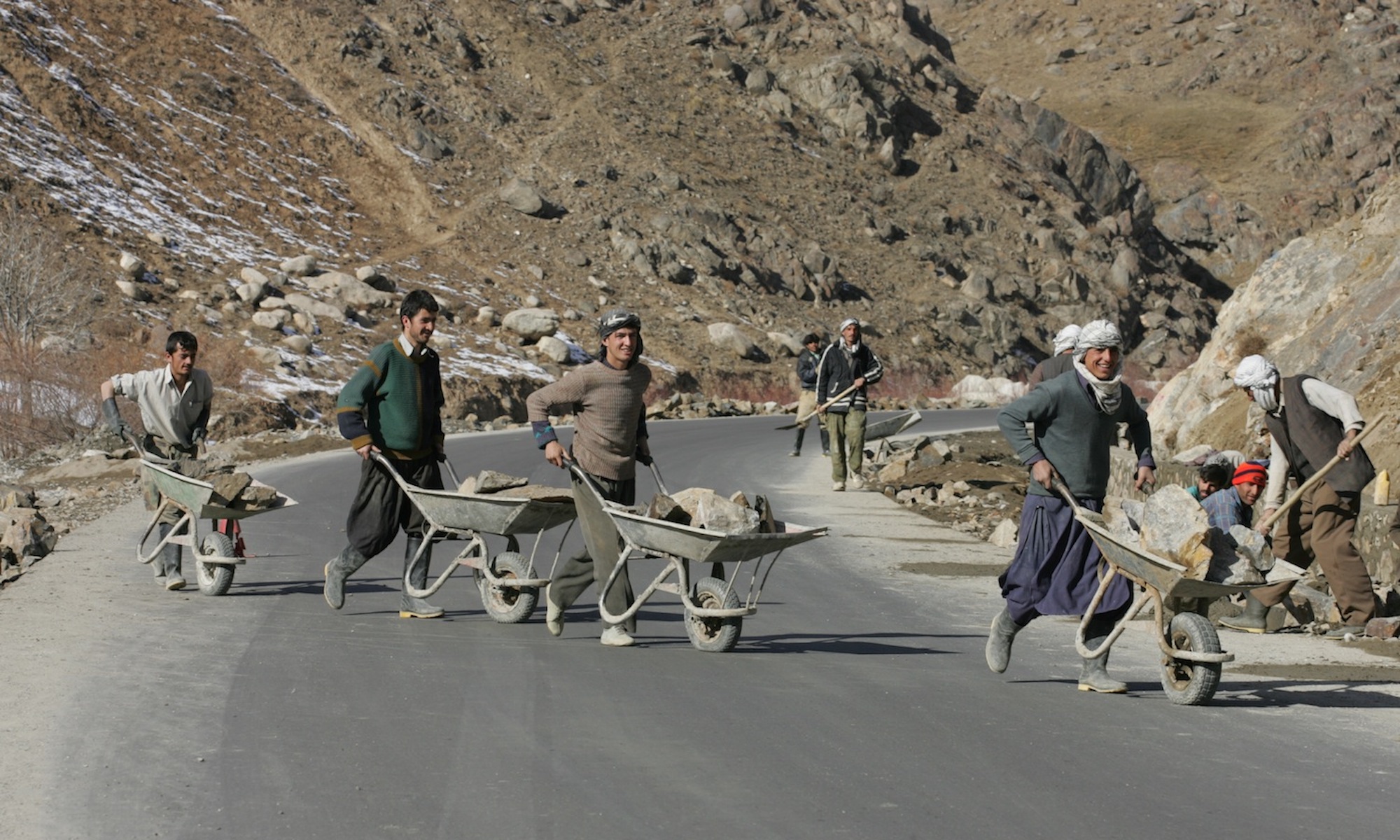The recent opinion by the International Court of Justice on the legality of Kosovo’s declaration of independence has not provided a definitive answer to Kosovo’s status. The International community remains divided. For this reason, a political solution will need to be found. Possible scenarios for the future of Kosovo include continuation of the status quo; enforcing Pristina’s full authority across all of Kosovo; partition or partial territorial readjustment between Kosovo and Serbia; or some form of extended autonomy for northern Kosovo. While each of the models has its advantages and drawbacks, on balance the case for some form of extensive autonomy or a territorial readjustment remain the most compelling options for resolving the conflict in a manner most acceptable to Belgrade and Pristina, and which would open the way for Kosovo to gain wider, if not full, international acceptance.
Security Sector Reform and Transitional Justice in Kosovo: Comparing the Kosovo Security Force and Police Reform Processes
Transitional justice and security sector reform are critical in post-conflict settings, particularly regarding the reform of judicial systems, intelligence services, police, correctional systems, the military, and addressing systemic massive human rights abuses committed by individuals representing these institutions. Accordingly, the relationship between security sector reform and transitional justice mechanisms, such as vetting, the representation of ethnic minorities in key institutions, the resettlement and reintegration of the former combatants deserve special attention from scholars. This article presents a comparative analysis of the reform of police and security forces in Kosovo, and explores the causes of different outcomes of these two processes.
Does Bosnia Need a Truth and Reconciliation Commission? Some Reflections on its Possible Design
The ICTY and Reconciliation in Croatia. A Case Study of Vukovar
Justice Versus Peace in Northern Kenya
The conflicting relationship between peace and justice is frequently debated in the field of transitional justice. The obligation to prosecute serious crimes can contradict the measures necessary to reestablish peace among society. The predicament gives rise to a similar, though less obvious, challenge in many developing countries, where the formal justice system can be at odds with conflict management initiatives. Often, due to their inaccessibility or
incompatibility with local socio-cultural norms, official justice institutions in developing countries do not fully penetrate the whole of society. In response, conflict management and peacebuilding initiatives have proven to be more flexible and responsive to socio-political realities. While such initiatives may be more efficient in reestablishing the peace between communities in conflict, they may contradict the official law. Current policy efforts and practices in the arid lands of Kenya illustrate this dilemma. Official justice institutions have proven too weak or ill-suited to prevent or resolve conflicts between local communities. To address the prevailing tensions, local ad hoc peace initiatives have developed, which operate on the basis of local norms and include local stakeholders. Given their relative success, some high level state agents have embraced the initiatives. The Office of the President is currently drafting a national policy framework on conflict management and peacebuilding, which is in part based on the experiences in the arid lands. Such a policy framework will ultimately have to deal with a similar dilemma known from the field of
transitional justice: a decision between the establishment of peace and the application of formal justice may be required.
Revenge and reprisal violence in Kosovo
The Transitions of Transitional Justice: Mapping the Waves From Promise to Practice
The economic benefits of justice: Post-conflict justice and foreign direct investment
The Demand for Reparations: Grievance, Risk, and the Pursuit of Justice in Civil War Settlement
In analyzing peace processes in postconflict societies, scholars have primarily focused on the impact of prosecutions, truth-telling efforts, and reconciliation strategies, while overlooking the importance of individual demands for reparations. The authors argue that normative explanations of why reparations are granted in the aftermath of regime change are useful in understanding a need for reconciliation, but inadequate for explaining victim demands for compensation. The authors extend this research to study civil war settlement. In the aftermath of civil war, when some form of reparation is offered giving individuals the opportunity to seek redress of grievances, what types of loss and political and socioeconomic characteristics are likely to lead some individuals to apply for reparations but not others? Using primary data, collected through a public opinion survey in Nepal, the authors investigate individual-level demand for reparations. The findings suggest that understanding loss and risk factors may be important to civil war settlement and reconciliation.
